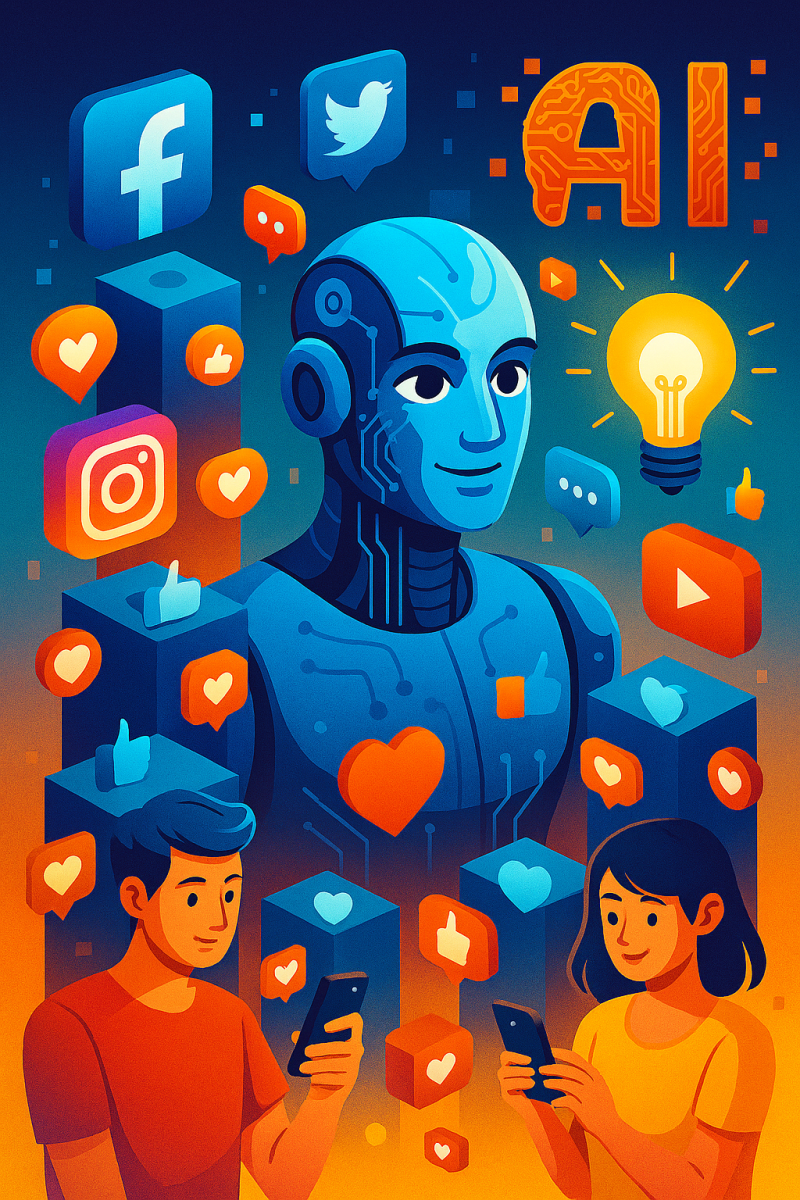Artificial Intelligence (AI) stands at the forefront of modern innovation, promising to revolutionize industries, enhance efficiency, and redefine human capabilities. However, amidst its potential lies a contentious debate: is AI a boon or a bane for society? As an advocate for progress tempered with caution, I argue that AI, when wielded responsibly, offers immense benefits to society, yet its unchecked proliferation poses significant risks.
First and foremost, the transformative power of AI in various sectors cannot be overstated. From healthcare to transportation, AI-driven technologies have the potential to save lives, streamline operations, and foster unprecedented levels of innovation. In healthcare, AI algorithms can analyze vast amounts of medical data to diagnose diseases more accurately and recommend personalized treatment plans, thus improving patient outcomes and reducing healthcare costs. Similarly, in transportation, AI-powered autonomous vehicles promise to enhance road safety, alleviate traffic congestion, and provide greater mobility for individuals with disabilities or limited access to transportation.
Moreover, AI holds the key to addressing some of humanity’s most pressing challenges, including climate change and resource scarcity. Through advanced data analytics and predictive modeling, AI can optimize energy consumption, facilitate renewable energy integration, and revolutionize resource management practices. By harnessing AI’s capabilities, we can develop sustainable solutions that mitigate environmental degradation and ensure a brighter future for generations to come.
However, despite these compelling benefits, the rapid advancement of AI also raises legitimate concerns about its societal impact. One of the foremost concerns is the potential exacerbation of inequality and job displacement. As AI automation replaces certain tasks traditionally performed by humans, there is a risk of widening economic disparities and unemployment, particularly for low-skilled workers. To mitigate these challenges, policymakers must prioritize investments in education and workforce development programs to equip individuals with the skills needed to thrive in an AI-driven economy.
Furthermore, the ethical implications of AI, including issues related to privacy, bias, and autonomy, demand careful consideration and regulation. The widespread deployment of AI systems, particularly in sensitive domains such as criminal justice and surveillance, raises concerns about the erosion of privacy rights and the perpetuation of systemic biases. It is imperative that ethical guidelines and regulatory frameworks are established to ensure that AI technologies are developed and deployed in a manner that upholds fundamental human rights and values.
In conclusion, my stance on AI is nuanced: while acknowledging its tremendous potential to benefit society, I also recognize the importance of approaching its development and deployment with caution and foresight. By harnessing AI responsibly, we can unlock unprecedented opportunities for progress, innovation, and societal advancement. However, to realize the full potential of AI while mitigating its risks, collaborative efforts among policymakers, industry leaders, and civil society stakeholders are essential. Only through a concerted commitment to ethical principles, inclusivity, and responsible stewardship can we ensure that AI remains a force for good in the world.
Note:
This article was written by AI! Did you figure it out?



















































